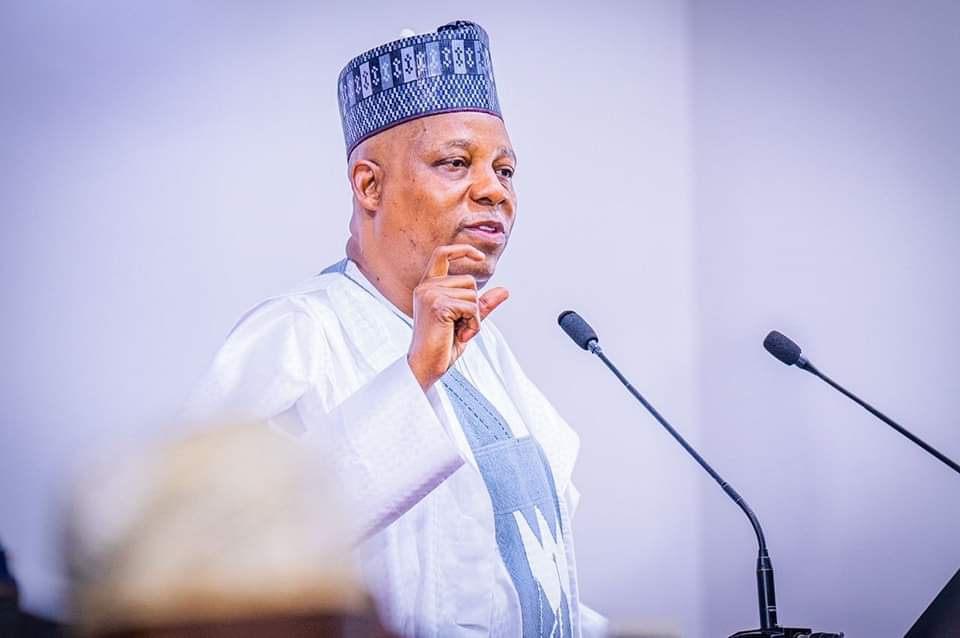
Affirming the government’s dedication to agricultural reforms aimed at enhancing production and improving soil management practices, Vice President Kashim Shettima addressed the audience at the launch of the agricultural initiative named ‘Soil Values’ in Abuja.
There are concerns about a potential food crisis affecting 26.5 million Nigerians between June and August 2024, as reported by the Food and Agriculture Organization in 2023. Regions like Borno, Sokoto, Zamfara, and the Federal Capital Territory are considered at higher risk.
Supported by the Dutch Directorate-General for International Cooperation and led by the International Fertiliser Development Centre, Soil Values strives to address soil fertility challenges, promote sustainable agricultural growth over the next decade, and uplift the livelihoods of 1.5 million small-scale food producers.
Emphasizing the crucial role of agriculture in the country’s economy, Shettima, represented by his Senior Special Assistant on Agribusiness and Productivity Enhancement, Kingsley Uzoma, highlighted the sector’s contribution of 24% to the GDP.
He underscored the urgent need to tackle issues like land degradation, erosion, and drought, particularly in the Sahel region.
According to the Vice President, “Agriculture is a cornerstone of Nigeria’s economy, significantly contributing to our national GDP. However, it faces various constraints hampering its progress.
“Issues like land degradation, erosion, and drought are worsening due to over-exploitation, deforestation, and overgrazing, especially in the northern regions.
He added, “Nigeria is proud to be part of this initiative that will benefit our farmers and counterparts in other affected countries that have been grappling with soil fertility problems for years.
“Our commitment to supporting the effective and sustainable implementation of the program in Nigeria is unwavering. We invite other participating countries to establish mechanisms facilitating the program’s activities.”
CEO of IFDC, Henk Duijn, stressed the importance of long-term investments in soil health, urging governments and donors to prioritize funding for sustainable initiatives.
“Given the current state of soil degradation in the Sahel, investments in soil health will require time to show visible results. It is imperative for governments and donors to prioritize funding for long-term beneficial soil health initiatives.
Duijn remarked, “Soil Values operate with a collaborative approach, seeking cooperation with regional institutional investors like the World Bank and other development banks, along with national programs involving local institutions.
“This collaborative effort will enhance the implementation capabilities of local and international bodies, creating a significant impact from the investments made.”
Minister of Agriculture and Food Security, Abubakar Kyari, urged stakeholders to embrace innovative interventions to address declining soil fertility, expressing Nigeria’s readiness to collaborate with international partners in implementing the Soil Values program.
Represented by Bello Mohammed, Director of Department of Agricultural Land & Climate Change Management Services, Kyari affirmed, “Nigeria is open to collaborating with international partners. We are dedicated to implementing the Soil Values program, and stakeholders should adopt these new interventions to tackle the challenges of poor soil fertility.”
